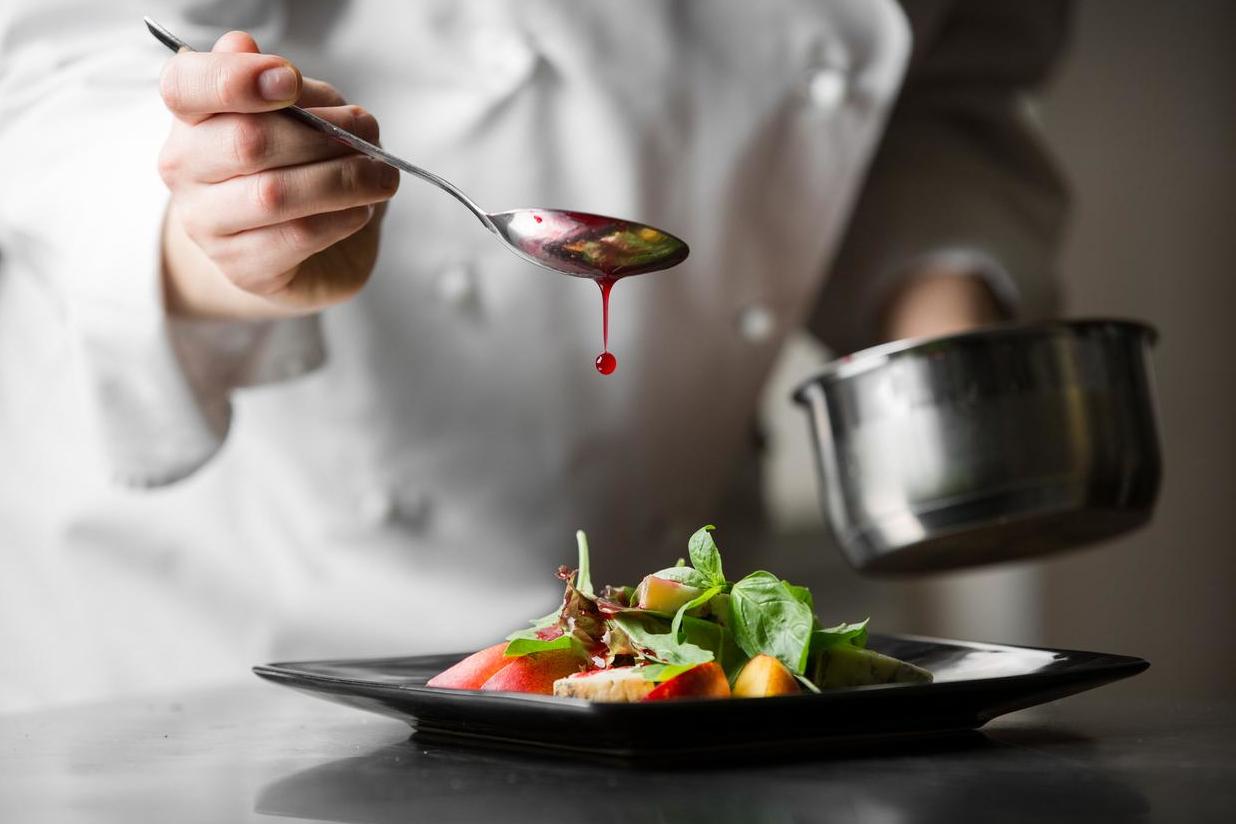Tempers have a tendency to flare when couples are in the kitchen, claims study
Couple spend 61 hours a year discussing food

Your support helps us to tell the story
From reproductive rights to climate change to Big Tech, The Independent is on the ground when the story is developing. Whether it's investigating the financials of Elon Musk's pro-Trump PAC or producing our latest documentary, 'The A Word', which shines a light on the American women fighting for reproductive rights, we know how important it is to parse out the facts from the messaging.
At such a critical moment in US history, we need reporters on the ground. Your donation allows us to keep sending journalists to speak to both sides of the story.
The Independent is trusted by Americans across the entire political spectrum. And unlike many other quality news outlets, we choose not to lock Americans out of our reporting and analysis with paywalls. We believe quality journalism should be available to everyone, paid for by those who can afford it.
Your support makes all the difference.The kitchen is known as the heart of the home but also the space in which tempers have a tendancy to flare amongst couples, say researchers leading a study of top 20 fall-outs.
The study, which looked at the relationship dynamic of 2,000 men and women, found the most common disputes stemmed from who would play chef, the mess and the quanitity of hot spices to use during preparation of meals.
Researchers found bus-ups would also erupt when one partner attempted to interfere in the culinary creation of the other - and even during conversations about what to eat for dinner.
Lack of inspiration and variety when it comes to culinary choices are at the heart of many dinner-time disagreements with many couples complaining they eat the same meals time after time, and the dishes are always boring.
It also emerged the average couple will talk about what to eat for the evening meal for at least 10 minutes a day, the equivalent of 61 hours a year.
Andre Dupin, head chef at HelloFresh UK, which carried out the study, said: “Food is central to most people’s lives – we think, talk and disagree about food all day every day.
“For many people, the evening meal is the prime time to catch up with their partner after a long day.
“Finding something tasty to eat that you will both like and is easy to cook is a way to avoid daily disagreements about food.”
Other arguments which regularly blow up in kitchens up and down the country are what time to eat, wasting food by not eating it all and whether or not someone is a good or bad cook.
As a consequence of these rows, 12 per cent of unhappy couples have ended up eating separately, while a further 13 per cent have refused to cook for their other half altogether.
More than one in 10 adults have gone as far as ordering a takeaway for themselves, but not one for their partner when disagreeing about what to have for dinner.
Researchers at OnePoll also found the average couple has the same five meals every single week, changing just two for something new.
Meals on rotation include roast dinner, spaghetti bolognese, fish and chips, pizza and a sandwich.
One third of couples admit they would be more adventurous with their food choices if given the chance, but blamed their partner for being awkward and stuck in their ways.
More than half would love to have more variety in their evening meals, but of these, four in 10 said their partner did not like to eat anything adventurous for a change.
A quarter said new ingredients are too expensive, while 24 per cent are too tired at the end of a busy day to start experimenting.
Fifteen per cent said they do not have the energy to start researching new recipes, and when they do, they lack the impetus to find all the necessary ingredients to make the dish.
Mr Dupin added: “Often the lack of variety at dinnertime is simply down to a lack of time, energy and inspiration.
"There's really no need to fall out with the one you love over boring dinners. There are ways of mixing up mealtimes, such as having fresh ingredients delivered or trying out different recipes, which will solve those daily dinnertime debates.
"This means less time arguing, and more time with a loved one over a meal you'll both enjoy."
The kind of things that couples will bicker over in the kitchen
1. What to eat
2. What time to eat
3. Leaving the kitchen looking like a bomb has hit it
4. Interfere while the other is in the process of culinary creation
5. Whether a takeaway is a better idea
6. Whether a meal should include an item the other person does not like, such as mushrooms
7. Who should wash up
8. How spicy a meal should be
9. Who should cook
10. Who let the food go off
11. Unhealthy meal options
12. Who eats all the snacks in the cupboard without replacing them
13. The quality of washing up
14. Wasting food by leaving it on the plate
15. Hoarding a certain ingredient and then buying more of the same
16. Eating the same meal every week
17. The food is boring
18. Whether ,meals should be planned for the week ahead
19. Who buys the most junk food
20. Who should shop for the food
21. If meals are too healthy
22. Whether or not there is enough sauce
22. Milk going off before being used
24. Debating whether someone is a good or bad cook
25. Taking the culinary crown by stepping in when all the hard work is done to add the finishing touches
SWNS
Join our commenting forum
Join thought-provoking conversations, follow other Independent readers and see their replies
Comments